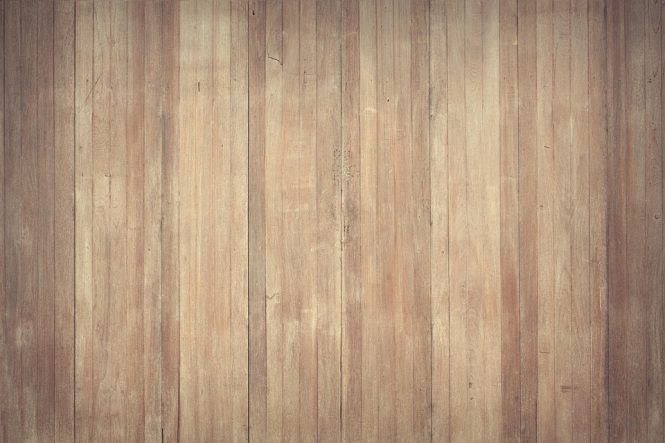
The Durability Debate: How Hardwood Flooring Stacks Up Against Other Flooring Options
When it comes to choosing the right flooring for your home or business, durability is often a top consideration. After all, no one wants to invest in a flooring option that will need to be replaced in just a few years. In this article, we’ll delve into the durability debate and explore how hardwood flooring stacks up against other popular flooring options.
Hardwood Flooring: A Time-Tested Option
Hardwood flooring has been a popular choice for centuries, and for good reason. Made from natural wood, hardwood flooring is renowned for its durability and ability to withstand the wear and tear of daily life. With proper maintenance, a hardwood floor can last for decades, even centuries. In fact, many historic homes still boast their original hardwood floors, a testament to the material’s enduring quality.
One of the key advantages of hardwood flooring is its ability to be refinished. Unlike other flooring options, which may need to be completely replaced when they become worn or damaged, hardwood flooring can be sanded and refinished to restore its original beauty. This not only extends the life of the floor but also reduces waste and saves money in the long run.
Comparing Hardwood to Other Flooring Options
So, how does hardwood flooring stack up against other popular flooring options? Let’s take a look:
- Laminate Flooring: Laminate flooring is a cost-effective alternative to hardwood, but it falls short when it comes to durability. Laminate flooring is prone to scratches, dents, and fading, and it may need to be replaced every 10-15 years.
- Engineered Wood Flooring: Engineered wood flooring is a type of flooring that combines a layer of hardwood with a layer of plywood or other materials. While it is more affordable than solid hardwood flooring, it is also less durable and may need to be replaced every 20-30 years.
- Tile Flooring: Tile flooring is a popular choice for kitchens and bathrooms, but it can be prone to cracking and chipping. While tile flooring is generally durable, it may need to be replaced every 20-30 years, depending on the type of tile and the level of foot traffic.
- Carpet Flooring: Carpet flooring is a soft and cozy option, but it is also one of the least durable flooring options available. Carpet flooring typically needs to be replaced every 5-10 years, as it can become worn, stained, and prone to mold and mildew.
The Benefits of Hardwood Flooring
So, why choose hardwood flooring over other options? Here are just a few benefits:
- Long-Lasting: Hardwood flooring can last for decades, even centuries, with proper maintenance.
- Low Maintenance: Hardwood flooring is relatively easy to clean and maintain, and it can be refinished to restore its original beauty.
- Aesthetic Appeal: Hardwood flooring is renowned for its natural beauty and can add a touch of elegance to any room.
- Increased Property Value: Hardwood flooring can increase the value of your property, making it a smart investment for homeowners.
Conclusion
In conclusion, hardwood flooring is a durable and long-lasting option that stacks up well against other flooring options. With its ability to be refinished and its natural beauty, hardwood flooring is a smart choice for anyone looking to invest in a flooring option that will last for years to come. While other flooring options may be more affordable or easier to install, they often fall short when it comes to durability and longevity. If you’re looking for a flooring option that will stand the test of time, hardwood flooring is definitely worth considering.